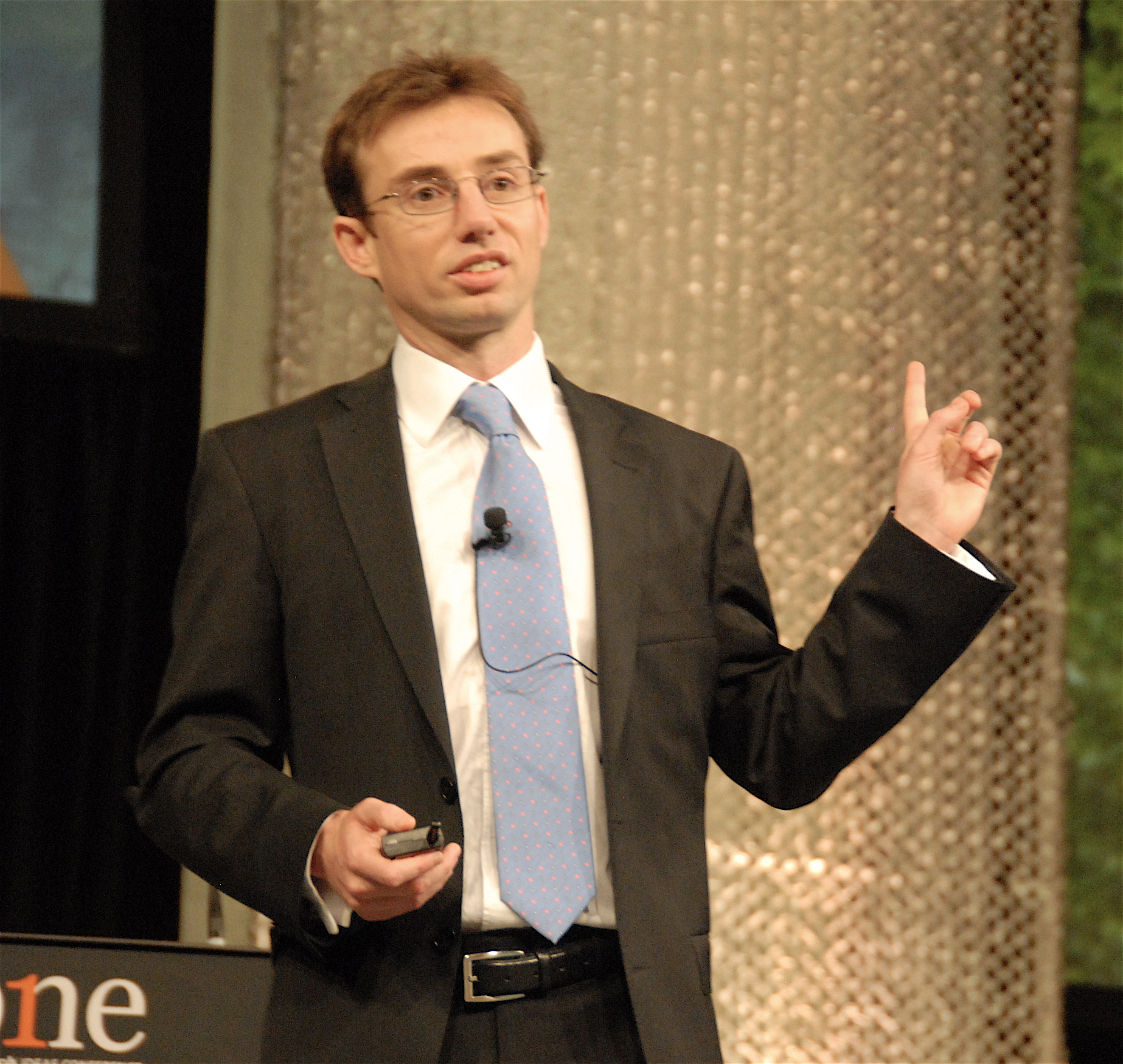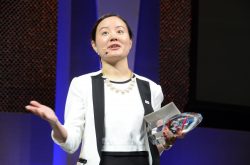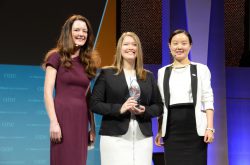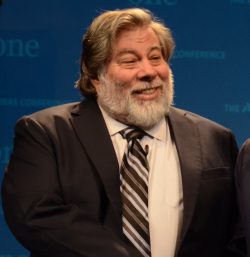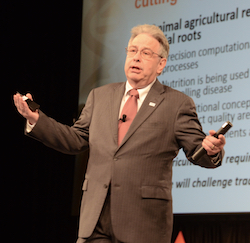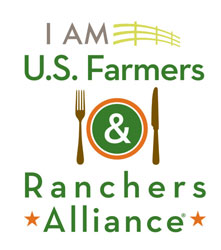 Third generation Minnesota farmer Gene Stoel has served on the board of the U.S. Farmers and Ranchers Alliance (USFRA) for three years now and he considers it time well spent for him representing his family and his fellow farmers.
Third generation Minnesota farmer Gene Stoel has served on the board of the U.S. Farmers and Ranchers Alliance (USFRA) for three years now and he considers it time well spent for him representing his family and his fellow farmers.
“To me it’s very important to tell people what it is we do, why we do the things we do and help them better understand where their food comes from,” Gene says.
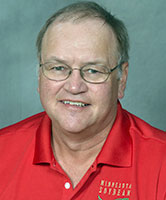 Stoel, who represents the Minnesota Soybean Research and Promotion Council, says he has been impressed with the consumer research that USFRA has funded to help farmers communicate their message better. “They research the things that consumers want to know about farming and also the messages that resonate with consumers in the most positive way,” he said. Gene also notes that USFRA shares that research with member affiliates like his state checkoff funded organization so they can use it on the local level.
Stoel, who represents the Minnesota Soybean Research and Promotion Council, says he has been impressed with the consumer research that USFRA has funded to help farmers communicate their message better. “They research the things that consumers want to know about farming and also the messages that resonate with consumers in the most positive way,” he said. Gene also notes that USFRA shares that research with member affiliates like his state checkoff funded organization so they can use it on the local level.
Gene and his family farm are featured on the USFRA website talking about his commitment to sustainability, which he takes very seriously and wants consumers to understand how important it is to him and future generations of farmers. “To me, that’s sustainability, being able to pass your operation on to the next generation,” he says.
Learn more about Gene and his commitment to USFRA here: Interview with Gene Stoel, Minnesota farmer




